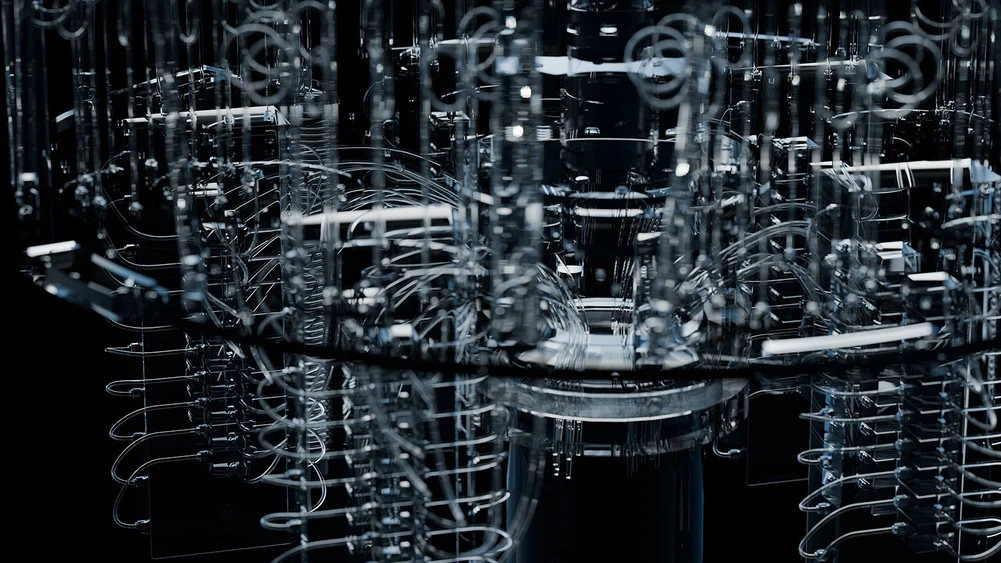NVIDIA Accelerates Quantum Computing Centers Worldwide With CUDA-Q Platform

NVIDIA IQM QuEra ORCA Computing
12th May 2024
NVIDIA has announced the integration of its open-source CUDA-Q platform to accelerate quantum computing research at supercomputing centers in Germany, Japan, and Poland. These centers will utilize Quantum Processing Units (QPUs) within their NVIDIA-accelerated high-performance computing systems to enhance quantum research capabilities. Germany’s Jülich Supercomputing Centre will complement its JUPITER supercomputer with a QPU from IQM Quantum Computers, while Japan’s AIST will use a QuEra QPU in its ABCI-Q supercomputer to advance AI, energy, and biology applications. Poland’s PSNC has installed two photonic QPUs from ORCA Computing to explore applications in biology, chemistry, and machine learning.
The collaboration aims to integrate quantum and classical computing to push the boundaries of scientific discovery. The QPUs, leveraging different technologies such as superconducting qubits and photonics, will enable researchers to tackle complex problems more efficiently. NVIDIA’s platform supports easy integration and programming of multiple QPUs and GPUs, fostering innovation in quantum computing. This initiative underscores the potential for hybrid quantum-classical systems to revolutionize fields like chemistry, material science, and AI by addressing challenges such as noisy qubits and developing efficient algorithms.
The advances in quantum computing, as described in the article, pose a significant threat to blockchain security due to the potential of quantum computers to break cryptographic algorithms currently used to secure blockchain networks. Quantum computers can solve complex mathematical problems much faster than classical computers, potentially compromising the integrity of blockchain systems by breaking encryption methods like RSA and ECC.
The Quantum Resistant Ledger (QRL) addresses this threat by implementing post-quantum cryptographic algorithms that are designed to be secure against attacks from quantum computers. QRL uses hash-based digital signatures (such as XMSS) which are considered quantum-resistant, ensuring the security and integrity of the blockchain even in the presence of advanced quantum computing capabilities.
12th May 2024
